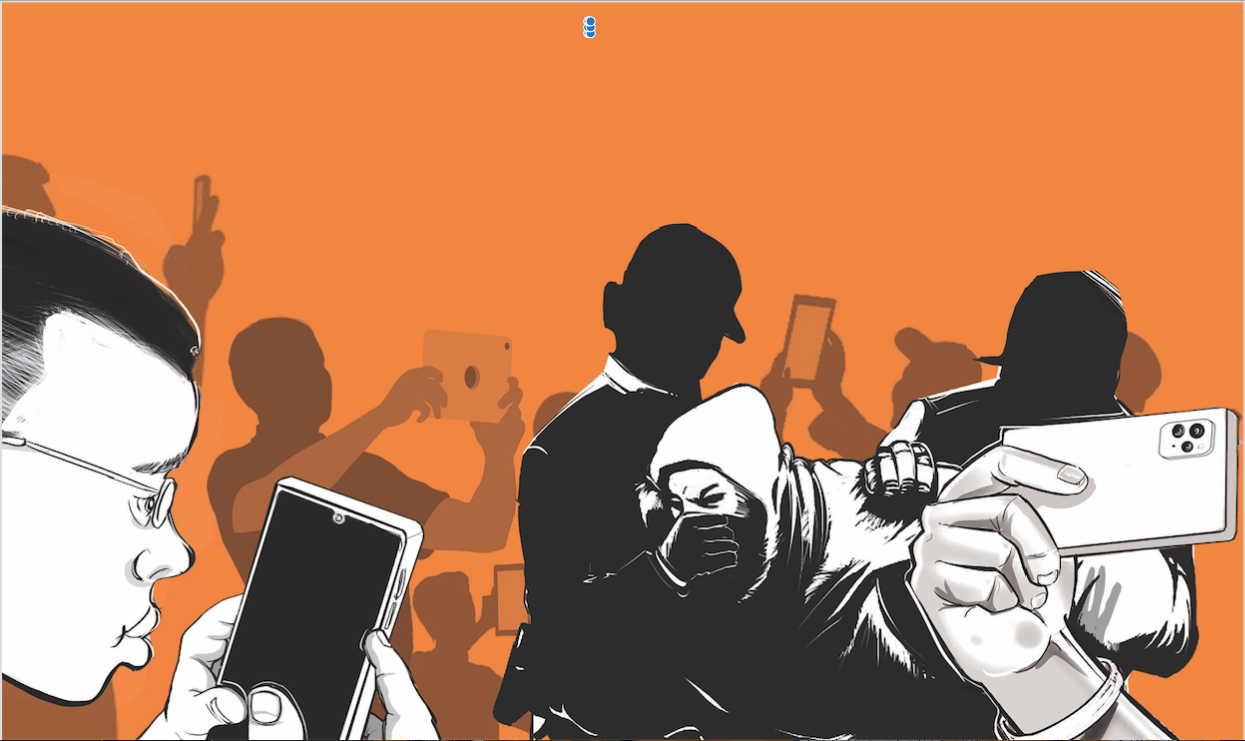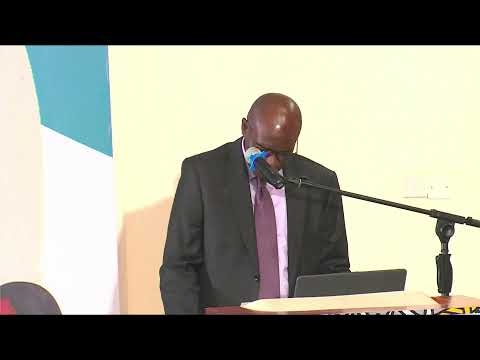
Power in Kenya now pulses through smartphones, no longer in boardrooms, pulpits or rallies alone. A single viral video can ignite national outrage and demands for justice.
With 17 million Kenyans online daily, influence has migrated from the elite to the masses. Technology has rewired democracy, giving voice, agency and consequence to those previously unheard.
Take, for instance, the story of a Grade 2 boy in Kitengela. In October 2025, he was denied access to a residential gate by a neighbour, the mother of a child he had argued with. Within hours, a video of the confrontation went viral. The woman, later identified as Vera Moraa, faced overwhelming public backlash.
Online outrage mounted rapidly, prompting swift intervention by authorities. What could have faded quietly into silence instead erupted, not through traditional media but through the relentless, unfiltered force of Kenya’s digital public square.
Just days earlier, Kenyans online had united behind the 'Kaluma Boy'. A TikToker spotlighted the student’s struggle to afford school fees and care for his ailing father. Within 24 hours, thousands of online users had raised enough money to cover his education and more.
There were no politicians, no charities, no formal appeals. Just a viral video. A surge of empathy. And the powerful synergy of community and technology at work.
These two moments, one driven by outrage, the other by compassion, are emblematic of the force of digital mobilisation. In Kenya today, social media stands as a potent civic instrument.
Kenya now boasts more than 32.7 million internet users, with an 87 per cent penetration rate, according to DataReportal’s 2024 report. Nearly half are under 30, a digital-native generation fluent in activism. They do not draft petitions or wait for leaders. When moved, they launch hashtags, spark movements and mobilise funds to support their own with breathtaking speed and scale.
Consider also the Gen Z protests of 2024 and 2025, which unleashed a digital storm fuelled by frustration over governance and rising living costs. Decentralised and spontaneous, protest routes circulated on WhatsApp, while TikTok creators livestreamed to millions. Anonymous volunteers tracked arrests, raised legal funds and coordinated safe zones. They built an unstoppable movement.
Globally, Kenya is part of a new wave of digital activism, from Nigeria’s #EndSARS to America’s #MeToo and the worldwide #FreePalestine, where ordinary citizens wield technology to challenge entrenched systems once thought untouchable and unbreakable.
Every revolution carries risk, however. The platforms that mobilise truth also amplify lies. In 2022, the Mozilla Foundation exposed more than 130 coordinated disinformation campaigns targeting Kenyan voters.
As Kenya races toward the 2027 general election, technology will play a decisive role in determining who wins the vote. Traditional campaign rallies are giving way to viral hashtags and trending videos. Candidates now focus on curating digital personas rather than plastering billboards. Meanwhile, a savvy, smartphone-armed youth, nearly half the nation, holds the power to make or break political dreams with a swipe, a share or a tweet.
But with this seismic shift comes a profound civic responsibility. As John Adams, the first Vice President and second President of the United States, warned, democracies crumble when rights are claimed without corresponding duties. Our new civic duty is digital integrity. We must pause before sharing, verify before judging and use our tools to pursue justice, not to spread harm.
Technology is neutral. The choice, and the burden, lie with us.
Program Manager for Inclusion and Political Justice at the Kenya Human Rights Commission












